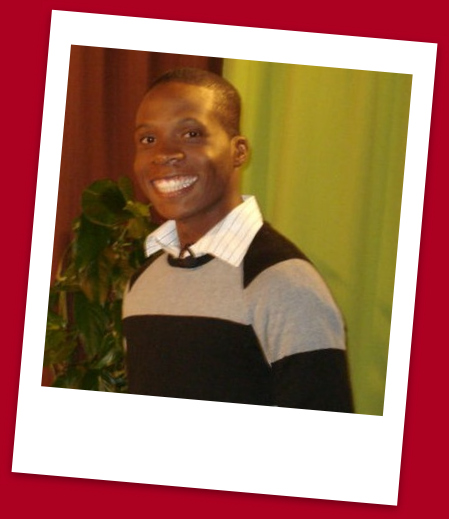“There is still a long way to go in the fight for gender equality”
March 20th, 2012 Over a century since the first International Women’s Day and, despite undoubted progress, we are still far from achieving equality for men and women. Meeckel Beecher, 25, a Commonwealth Correspondent from Jamaica, reports.
Over a century since the first International Women’s Day and, despite undoubted progress, we are still far from achieving equality for men and women. Meeckel Beecher, 25, a Commonwealth Correspondent from Jamaica, reports.
International Women’s Day – marked earlier this month – has been celebrated since the early 1900s. It was however not until 1975, the International Women’s Year, that the United Nations began officially celebrating it on March 8.
The day celebrates the achievements of women while inspiring them to strive to accomplish higher objectives. The day also aims to highlight the plight of those less lucky across the globe and seeks ways to ensure their empowerment.
When the United Nations established “Goal 3” to Promote Gender Equality and Empower Women in the Millennium Development Goals, the idea must have been to ensure that women were protected and treated as equal citizens. Fortunately, because of this goal and activities associated with and around it, the situation of women has improved. But there is still a long way to go.
Imagine, in 2012 there are still places in the world where, for some girls, education remains elusive. Women must walk miles each day to gather food and water for their children. Women are regularly kidnapped and enslaved. Women are victims of genital mutilations. And they are still dying because of complications during child birth.
As a High Commissioner from Jamaica to the United Kingdom once said, the world has a perennial predisposition of measuring all activities in extremes, because somewhere on the continuum of women’s issue are those girls who do not fall into any extreme, but still need support and expressions of support to press on and unearth their own innate abilities.
The fundamental principle is this: all human beings, because they are humans deserve the same rights.
It is clear that well thinking global citizens are accepting that equality on all levels simply makes sense. The 2012 World Development Report: Gender Equality and Development posits that gender equality is a core development objective as it is smart for economics and social development. Greater gender equality can enhance productivity and improve development outcomes for the next generation. It is almost like a “duh” moment.
But there is much to be celebrated based on the achievements that have been made by women across the globe. The British newspaper The Independent showed that Jamaica has the highest ratio of women in high-skilled jobs and the Caribbean has a 45% proportion of TV, print and radio news stories reported by women. Additionally in 2011, the World Economic Forum reported that over the past 6 years 85% of countries have improved conditions for women.
So, to the women of the past, fortunately it gets better. But to the legislators of the present, unless in 2015 we plan to have a 2050 goal which includes the empowerment of men, we must be more balanced in our approach. Inequity tends to breed anti-social behaviour and life is about balance and partnership, embracing the “ying and yang”.
As we aim to empower our women let us not do this at the expense of our men but use the guiding principle that all are equal and that all deserve to have the same opportunities to achieve their ultimate potential.
…………………………………………………………………………………………………………………
About me:
“I am a development enthusiast who believes that the effective mobilization and utilization of youths are fundamental aspects of development. I believe education is a panacea for the world’s ailments and support the notion that literacy is a human right and is one of the best tools for human development.
“Literacy is essential in eradicating poverty, reducing child mortality, achieving gender equality and ensuring sustainable development. I am an Education Outreach Officer and currently the Jamaica Youth Ambassador to the United Nations.”
…………………………………………………………………………………………………………………
Opinions expressed in this article are those of the author and do not necessarily represent the views of the Commonwealth Youth Programme. Articles are published in a spirit of dialogue, respect and understanding. If you disagree, why not submit a response?
To learn more about becoming a Commonwealth Correspondent please visit: http://www.yourcommonwealth.org/submit-articles/commonwealthcorrespondents/
…………………………………………………………………………………………………………………



